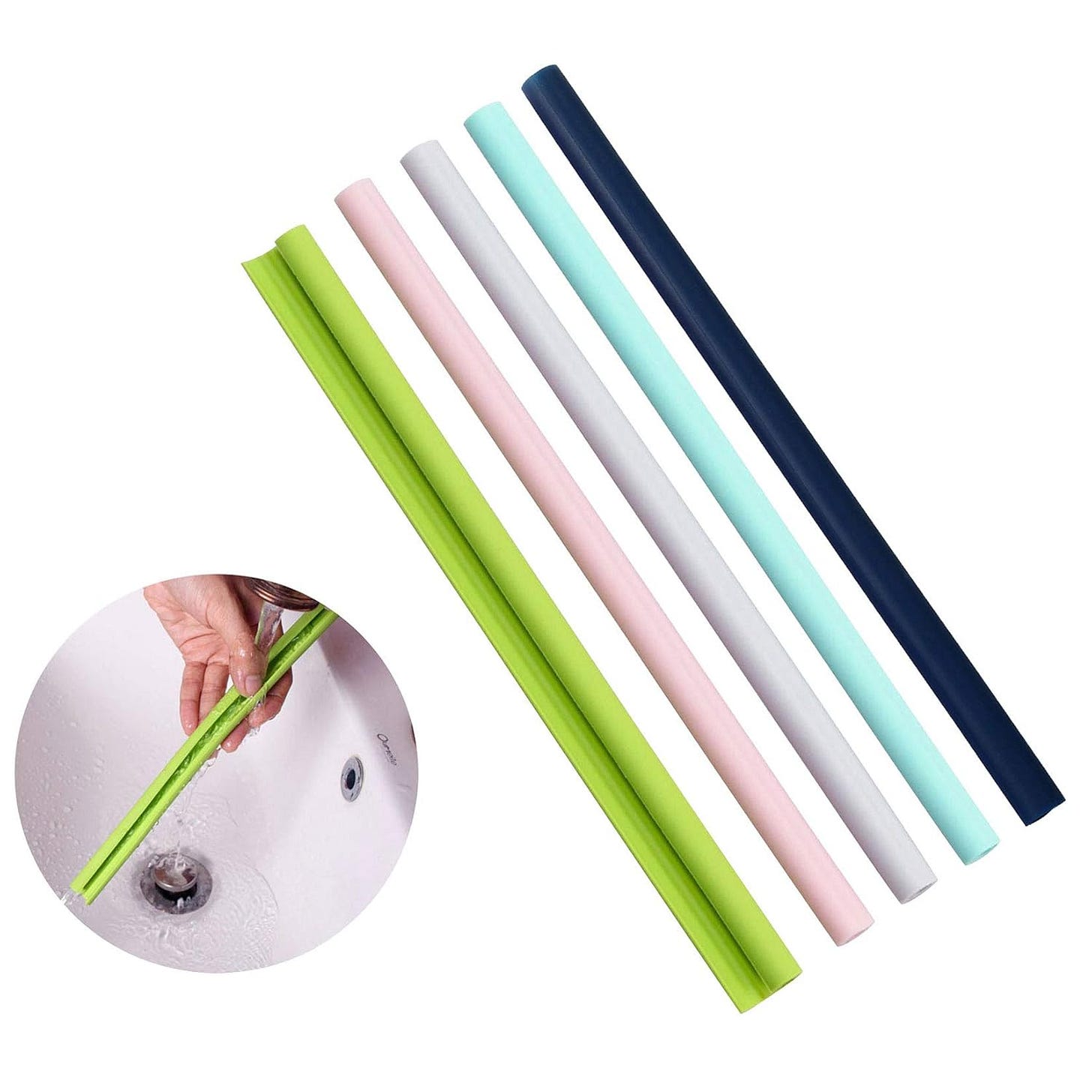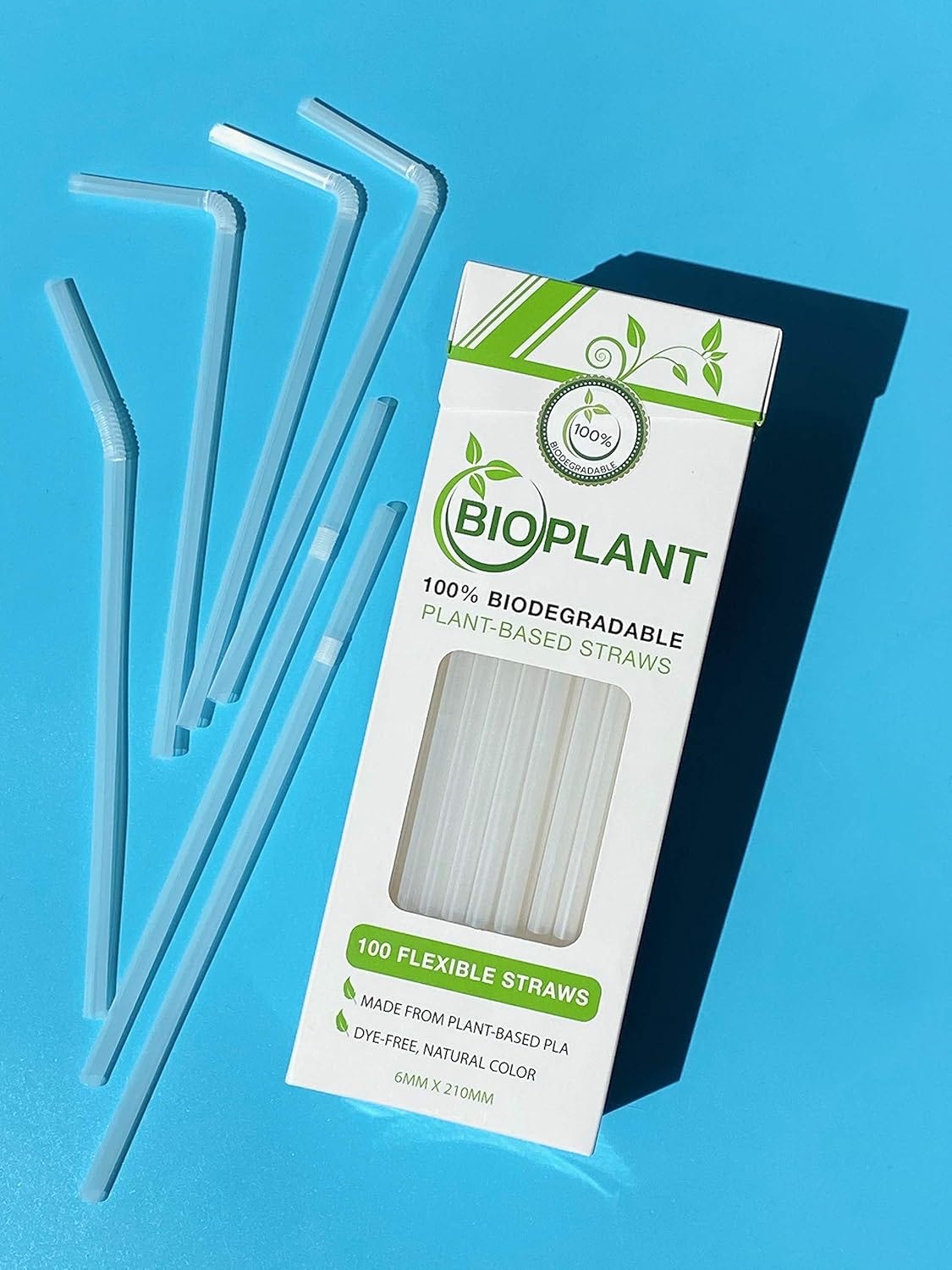The Straw Conundrum- Plastic or Paper or Some Other?
A small roadside cafe is about to open near the beach. The teens at the Young Writers' Club played different roles to arrive at a decision- What kind of straw do we provide?
Can the matter of the straw be so hard to decide? Shouldn’t it be a no brainer? It turned out to be quite a difficult decision to make. There were multiple angles to be considered although the setting for the group discussion was a humble road side cafe. Nothing fancy. Just a small place that wanted to serve milkshakes and coffees along with a few eateries.
Roles picked for role play before the group discussion.
Restaurant Owner – concerned with cost and customer satisfaction.
Marketing Manager – focused on branding and public image.
Environmental Expert – considers sustainability and pollution.
Customer Experience Specialist – thinks about ease of use and complaints.
Head Chef – Focuses on how the restaurant’s overall theme and values should influence the straw choice.
Scientist - collecting data in order to make a straw that is eco-friendly, cost effective and is customer friendly. This person has to come with a set of questions to find the information required. Alternatively, have a ready made solution to present.
After a bit of contemplation, the discussion commenced. Every teen played their chosen role to perfection, bringing to table not just alternatives, but a cost analysis, the practical aspects, the brand image aspect and a bit of science too!
The restaurant owner was particularly concerned about the price of the straws. She pointed out that plastic straws are a lot more cost efficient. 1000 straws for Rs.200 sounded like a good deal. In order to consider the environment friendly straws in the spirit of being more conscious about not harming the environment, she had considered the alternative of paper straws. But what stopped her was the exorbitant cost that she had to incur. She discovered that for a pack of 1000 straws the cost would range anywhere between Rs.1500-5000. The rate depends on the quality chosen. This proved to be a major concern for the owner. So much so she was exploring options for environment friendly plastic.
The head chef was particular about the look of the straw and how it could accentuate the sense of joy or excitement that it can help deliver when a customer first sees their order. He wasn’t in favor of plastic or paper straws as they tend to become soggy and the tend to bend, making it an unpleasant experience to use them. Instead suggested silicon straws that could be bought in different colors. He suggested customizing the color of the straw to the color of the drink for adding a little joy to the whole experience. He argued that silicon straws might be expensive but can work out cost wise better in the long run. Silicon straws as per his research were Rs.1000 for 10 straws. But since they could washed and reused any number of times, the cost of buying new straws in the long run would substantially decrease.
Rs.1000 for 10 straws! Shock to the owner.
Any business is difficult to start off. Costs need to be managed until the venture breaks even and begins to make profit. This quote clearly shocked her and she pointed out that silicon straws are not easy to clean. She further worried about customer reactions and preferences.
“Would people be satisfied with the cleanliness of the silicon straw? Wouldn’t they wonder if it has been washed properly after the last use?
The head chef responded saying, “There are suitable cleaning tools available and that shouldn’t be a problem.”
“I have silicon straws at home and trust me they are a pain to clean! No, I don’t think we can have silicon straws even if they work out in terms of cost in the long run. Also, what do we do for takeaway or go cups? We can’t give away silicon straws? We definitely need another alternative. This is not going to work.”
The customer experience specialist added that these straws could have flavor residues and this might lead to healthcare violations apart from unpleasant customer experiences.
The marketing manager suggested sticking to plastic straws. Being a small road side cafe, it should be fine.
The environmental expert objected strongly. Plastic straws tend to disseminate very quickly and are often difficult to recycle. Even if bins are provided for safe disposal, straws do get thrown around in the beach and on the roadsides, disrupting the environment for other species. Being near the beach, the risk of the plastic from the straws mixing up with the sand or finding its way to the sea is high. We need to be a responsible cafe even if we are small.
The scientist agreed with the environmental expert and suggested corn starch straws instead saying that they are biodegradable and are far more resilient than paper straws.
The customer experience specialist took keen interest and found out that these are cost efficient too. 1000 straws for Rs.3000, making it 1Re for one straw. Another source, he found, offers it for 45paise per straw.
Considering that cornstarch straws needn’t be cleaned after every use, safe for human consumption, it is biodegradable and cost wise, friendly on the pocket too, the general consensus came to corn starch straws.
A little further research after the session led to more information about humankind’s search for an easy to use straw that checks all the priority items on the list. While cornstarch straws are biodegradable, they are said to come with limitations. They do not biodegrade fast and they cannot be recycled. Best recommended alternatives from different sources include glass and steel straws but they need to be cleaned thoroughly. Might not be the best fit for eateries and cafes. Rice straws seemed to be gaining popularity but one can always argue that rice cultivation consumes a lot of water. Where do we strike a balance?
If you enjoyed reading this article and would love to read more about the work that these amazing teens do, please subscribe to our magazine for free.
Once in 3 months, a special edition showcasing some of their exceptional writing is released. Subscribe for free and don’t miss reading a fine piece of writing!
Musings from the Young Writers’ Club is a Talking Circles’ Publication






